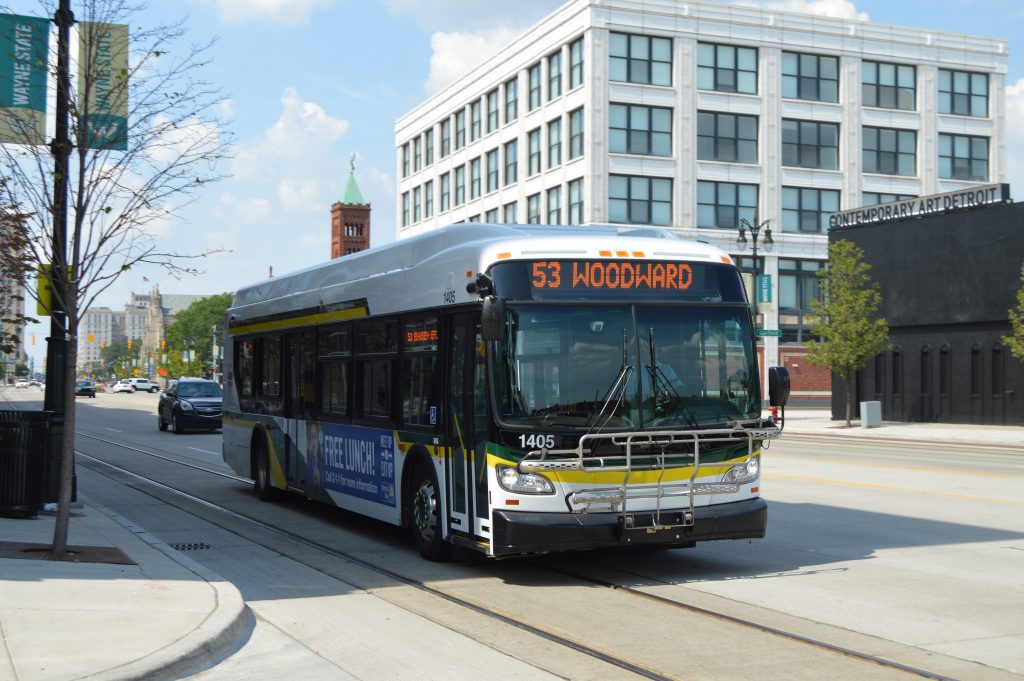The consequences of Auburn Hills opting out of SMART transit
Auburn Hills would greatly harm its residents if it pulled out of the transit system, particularly those who are trying to get to their jobs at the GM plant in Orion Township, says David Gifford, a Macomb County-based transit advocate.

In just about any other major metropolitan area in the country, there is better public transit systems than in southeast Michigan. There are light rail systems that go far more than just a couple of miles in one direction. There are people commuting on elevated rail lines or subways, and even bus lines. But in southeast Michigan, many residents feel the public transit system leaves people wanting. In more recent developments, Auburn Hills is planning to vote on opting out of the SMART transit system.
“We’ve got this bias, which is deeply ingrained in our culture, that we will invest in infrastructure to move cars, but not invest in infrastructure to move people.” — Robin Boyle, a retired professor of urban planning at Wayne State University
The Auburn Hills mayor, city manager and all city council members either didn’t respond or declined our request to speak on the show.
Listen: Why comprehensive public transit doesn’t exist in southeast Michigan.
Guests
Dave Woodward is the board chairman on the Oakland County Board of Commissioners. Woodward says he wants to create a countywide transit system. “For the first time in history we have a pro-transit majority on the county’s governing board,” says Woodward.
David Gifford is a Macomb County-based transit advocate, founder of Transit Guide: Detroit, and former board member of Transportation Riders United. Gifford says Auburn Hills would greatly harm its residents if it pulled out of the SMART transit system. “They’re going to create 1,700 jobs but if they cut off that service, no one is going to be able to get to those jobs if they can’t take the bus,” says Gifford of the General Motors plant that is expanding in Orion Township.
Robin Boyle is a retired professor of urban planning at Wayne State University. Boyle says southeast Michigan is unique in its inability to provide comprehensive public transit for residents, including light rail and fast buses. “We’ve got this bias, which is deeply ingrained in our culture, that we will invest in infrastructure to move cars, but not invest in infrastructure to move people,” he says.
Trusted, accurate, up-to-date.
WDET strives to make our journalism accessible to everyone. As a public media institution, we maintain our journalistic integrity through independent support from readers like you. If you value WDET as your source of news, music and conversation, please make a gift today.
